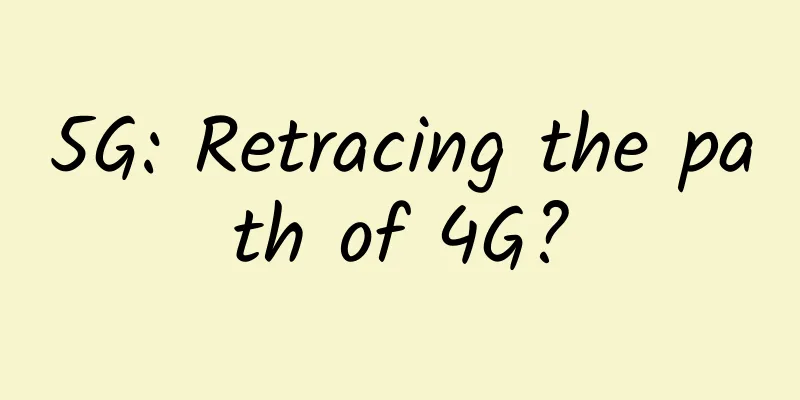Future trends driving unified communications in 2021

|
While 2021 is full of uncertainty for many organizations, there are four developments in the unified communications industry that will drive purchasing decisions in 2021 as IT leaders prepare for the future of work. As the coronavirus pandemic has greatly impacted the way organizations conduct business, the unified communications and collaboration market has seen unprecedented changes. According to a survey of 525 companies worldwide by Nemertes Research, nearly half of companies have adopted new video conferencing platforms to support employees working from home. Additionally, more than 60% of organizations have accelerated their adoption of cloud-based unified communications platforms. In many cases, organizations have adopted a variety of applications to enable team members to work remotely, but with little time to conduct a thorough assessment or plan a cohesive strategy. Looking ahead to 2021, despite many uncertainties regarding the evolution of the pandemic and vaccine availability, some trends will emerge in the unified communications industry to depict how IT leaders can better plan for the year ahead. 1. Reimagine the workplace Before the outbreak, employees usually worked in the office, and there was little motivation for remote work from home. But now, some employees work in the office, some work remotely from home, and some work in a hybrid office mode. This means that IT leaders must reimagine the workplace. Video conferencing is ubiquitous, as members of online meetings are dispersed across the country, their office locations may be hotels or homes. Organizations must also continue to focus on improving the usability of collaborative applications and workflow integration to eliminate productivity barriers. 2. Integrate suppliers The unified communications market is likely to continue to consolidate, and in order to become the best in class, unified communications vendors will either expand their product range to include fully integrated voice, video and team collaboration products; or be acquired by other vendors. In the past year, we have seen a lot of acquisitions and consolidation in the unified communications market, including Salesforce's recent $27.7 billion acquisition of Slack. Acquirers will also move more aggressively toward replacing monolithic applications with integrated suites to save money, reduce management complexity, and simplify the user environment. 3. Remote Management Managing remote workers was a major challenge for organizations in 2020 and is likely to remain a major pain point in 2021. A study by Nemertes shows that many organizations are struggling to ensure productivity, manage security and application performance, and measure engagement while working remotely from home. Expect continued development and adoption of analytics, security, and management platforms that enable organizational managers to gain insight into employee performance and implement consistent policies. 4. Optimize the remote working environment Organizations are likely to take a more proactive approach to optimizing remote work environments. This means investing more in audio and video equipment and management tools to ensure a high-quality experience. It also means that organizations will focus on better implementing rapidly emerging features such as virtual backgrounds, alternative video formats, virtual cameras, and other features designed to make meetings more interactive and interesting. 2020 has been an unusual year in terms of the changes that have taken place around the world. Hopefully, work and life will return to normal by 2021. But in this new normal, unified communications leaders must continue to focus on how to better support remote work to optimize the employee experience. These unified communications trends can provide purchasing decisions and strategic information for organizational leaders. |
>>: Mid- and low-frequency refarming is used to accelerate 2G/3G network withdrawal from 5G
Recommend
How can operators easily get on the battlefield in the 5G era? 4.5G will take on the heavy responsibility
With the arrival of 5G, maintaining 2G, 3G, 4G, a...
Here is a list of RackNerd's cheap promotional packages, starting from $9.89 per year
RackNerd has a certain position among low-cost VP...
DiyVM: Hong Kong VPS 50% off monthly payment starting from 50 yuan, dual core/2G memory/50G hard disk/2M bandwidth/CN2 line
The tribe has shared information about DiyVM many...
[Black Friday] ProfitServer Singapore/Germany/Netherlands/Spain VPS 50% off, unlimited traffic KVM monthly payment starts from $2.88
ProfitServer has launched a Black Friday promotio...
Academician Wu Hequan: 5.5G does not require full network coverage, and recommends joint construction and sharing
IT Home reported on December 7 that the 2023 Worl...
DediPath: $39/month-E3-1240v2/16GB/2TB/1Gbps unlimited traffic/Los Angeles high-defense server
A few days ago, we shared the information about D...
Megalayer September promotion: Hong Kong dual E5 server from 399 yuan/month, Hong Kong 20G high-defense server from 499 yuan/month
Megalayer has launched its September event, offer...
New infrastructure becomes the biggest driving force for China's data center industry in 2020
In recent years, China has been comprehensively d...
The rewards and risks facing retailers in a 5G world
The rollout of 5G is expected to have a significa...
5G acceleration is inseparable from the coordination of software and hardware and industrial integration.
Faced with the sudden outbreak of the COVID-19 pa...
China Mobile's Huang Yuhong: China Mobile will be a pioneer in 5G empowerment of various industries
On August 8, Huang Yuhong, deputy director of Chi...
Custom Traefik (local) plugins
[[442556]] Traefik has implemented a lot of middl...
With 5G in vogue, how should I choose among 20 packages from the three major operators?
2013 was the first year of 4G in China. Seven yea...
How the Network Supports Zero Trust
[[354213]] Building a zero-trust architecture typ...
Six requirements for integrating SmartNIC/DPU into existing network infrastructure
The CPU has long been considered the backbone of ...









